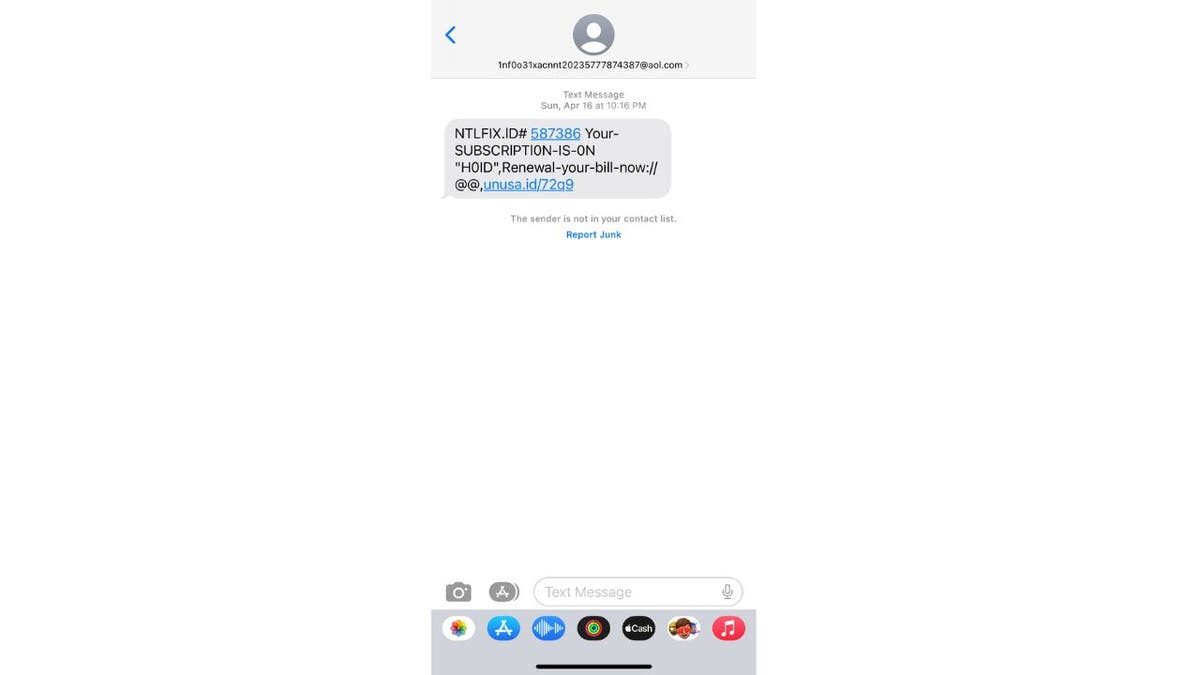The holiday season, while a time for festive cheer and gift-giving, also sees a surge in online scams. A significant number of online shoppers fall prey to fraudulent schemes each year, with Black Friday being a particularly vulnerable period. To help you navigate the online shopping landscape safely, we've compiled expert advice and practical tips to avoid common scams.
E-shop Scams: Spotting the Fake Retailers
One of the most prevalent scams involves fake online stores that appear remarkably legitimate. These deceptive e-shops often lure shoppers with unbelievably low prices. A key indicator of a potential scam is deals that seem too good to be true. Extreme discounts, such as 90% off, should raise red flags.

Inconsistencies in payment options can also expose fraudulent websites. While a fake shop might initially advertise a wide range of payment methods, they may later restrict options to gift cards or specific platforms like PayPal during checkout. This discrepancy should be a cause for concern.
Scrutinizing the website's URL is another crucial step. Look for unusual domain names that don't align with the brand they're imitating. For example, a fake Amazon site might use a URL like "Amazonbeautifulverycool.com" instead of the legitimate "Amazon.com."

Before making a purchase, consider researching the seller, especially if you're unfamiliar with them. Consult third-party review sites or utilize AI-powered tools like Norton Genie to verify the legitimacy of online retailers. Crowdsourced platforms like Reddit's scam subreddit can also provide valuable insights from other users' experiences.

Always ensure the website uses a secure connection, indicated by a lock icon in the address bar and "https" in the URL. Verify the company's physical address and contact information through online searches.
Smishing: Beware of Deceptive Delivery Messages
During the holidays, scammers exploit the increased volume of package deliveries with "smishing" scams. These involve fraudulent text messages or emails disguised as legitimate notifications from delivery services like UPS, USPS, or Amazon. These messages typically claim an issue with your payment or request additional information, aiming to steal your money or personal data.

To identify smishing attempts, carefully examine the sender's email address or phone number. Look for suspicious characters or generic email domains. Legitimate companies rarely use generic email addresses like "[email protected]."

Remember that USPS will never send unsolicited text messages or emails with links. If you receive such a message, refrain from clicking any links.
Charity Scams: Giving Wisely
Scammers also target charitable individuals by impersonating well-known charities or creating fake ones. They may solicit donations through various channels, including email, text, or fake websites.
To avoid charity scams, verify the organization's legitimacy through resources like Norton Genie, Google, or Reddit's scam subreddit. Check if the charity is registered with relevant authorities and review their online presence.
When donating, opt for secure payment methods like checks or credit cards. Be cautious of organizations requesting donations through cash, gift cards, virtual currency, or wire transfers. Be particularly wary of charities claiming to support victims of recent disasters and double-check their names for any discrepancies.
Comments(0)
Top Comments